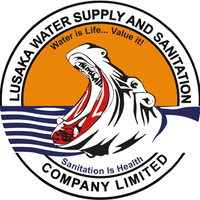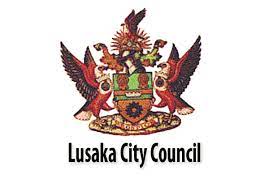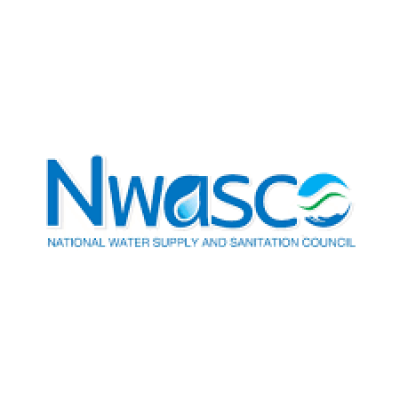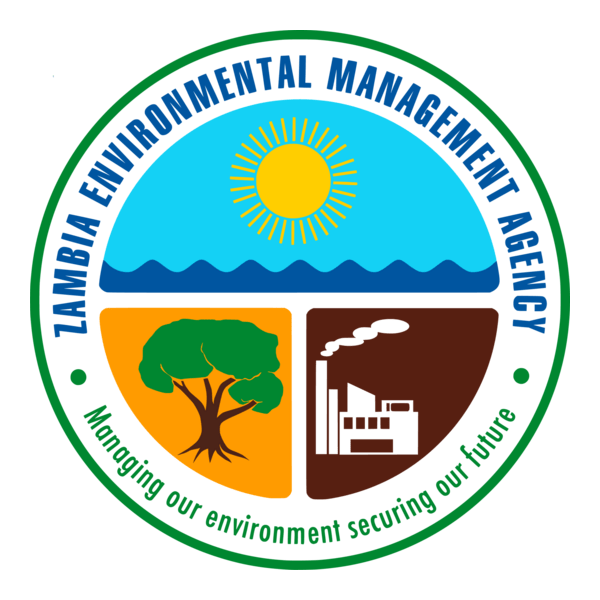Lusaka
with more than 60% of the population living in informal settlements.
Sanitation in Lusaka
As the city expands, so does the need for sustainable, safety, and affordable sanitation services
NEWS AND UPDATES
Lusaka Implementation Plan
The sanitation project in Lusaka is guided by a multi-phase strategy that combines technology innovation, community engagement, and institutional collaboration.
Sanitation Facilities
In Lusaka, shared toilets are common, especially in high-density, low-income areas. Typically, a toilet is shared by multiple households, often ranging from 4 to 10 families. Maintenance responsibility usually falls on the users, with informal agreements dictating cleaning schedules.
Policy Framework
Lusaka City’s SI on OSS does provide guidelines for safe and hygienic pit emptying. The city mandates that all pit emptying activities must be conducted by licenced service providers who follow established health and safety guidelines.
Emptying and Transport
To date, vacuum tankers are the most common equipment used for emptying of OSS systems. In Lusaka, private FSM operators generally use second hand vacuum trucks sourced from Europe and Japan, although their limited suction performance
About the Implementing Partner
CATALYST DEVELOPMENT (CADEV)
CaDev is a Zambian social enterprise focused on localised innovation development, technical assistance and knowledge management. We support local people and organisations to unlock innovative solutions for sustainable and inclusive growth and development. We strengthen local capacities for designing innovative ways to successfully capitalise on local ideas. In addition, we help locals become a highly valued resource for private, public and non-profit sectors that invest in innovative projects in-country.

Lusaka City Council (LCC)
The Lusaka City Council (LCC) is the local municipal authority responsible for governing and managing the city of Lusaka. Its mandate includes urban planning, infrastructure development, and service delivery, all of which are integral to city-wide inclusive sanitation. LCC is tasked with ensuring that all residents, including those in informal settlements, have access to adequate sanitation facilities. This includes the construction and maintenance of public toilets, the provision of waste management services, and the of policies that support non-sewered sanitation systems.

Lusaka Water Supply and Sanitation Company (LWSC)
The Water Supply and Sanitation (WSS) Act of 1997 recognizes the overall provision of “sanitation services” as the mandate of Commercial Utilities (CUs). Thus, the Lusaka Water Supply and Sanitation Company (LWSC) is the primary utility responsible for providing water supply and sanitation services in the city of Lusaka. Its mandate includes the management of both sewered and non-sewered sanitation systems. LWSC oversees the development and maintenance of the city’s sewer networks, treatment plants, and water distribution infrastructure.

National Water Supply and Sanitation Council (NWASCO)
The National Water Supply and Sanitation Council (NWASCO) is the regulatory authority responsible for overseeing the water supply and sanitation sector in Zambia. NWASCO’s mandate includes setting service standards, monitoring compliance, and ensuring that water and sanitation services are delivered efficiently and equitably. In relation to city-wide inclusive sanitation and faecal sludge management, NWASCO regulates the activities of utilities and service providers, ensuring they meet the required standards for both sewered
and non-sewered systems. NWASCO also promotes best practices and innovation in sanitation service delivery, aiming to improve access and quality of sanitation services across the country.

Zambia Environmental Management Agency (ZEMA)
The Zambia Environmental Management Agency (ZEMA) is the regulatory body responsible for environmental protection and management in Zambia. ZEMA’s mandate includes ensuring that sanitation and faecal sludge management practices do not adversely impact the environment. This involves regulating the disposal and treatment of faecal sludge, monitoring compliance with environmental standards, and enforcing regulations to prevent pollution. ZEMA collaborates with other stakeholders to promote sustainable sanitation practices and technologies that minimize environmental degradation. The agency also conducts environmental impact assessments and provides guidance on the safe management of sanitation waste to protect public health and the environment.

